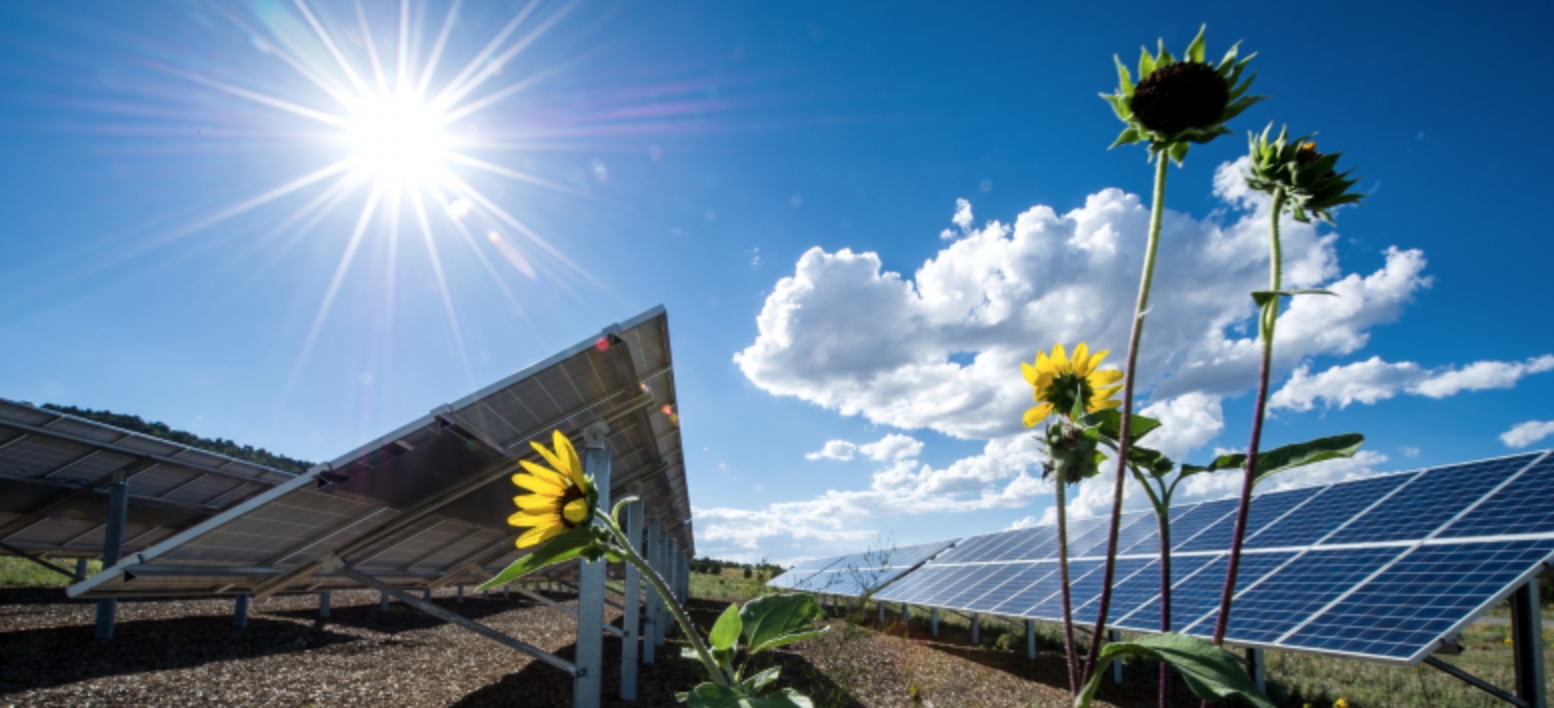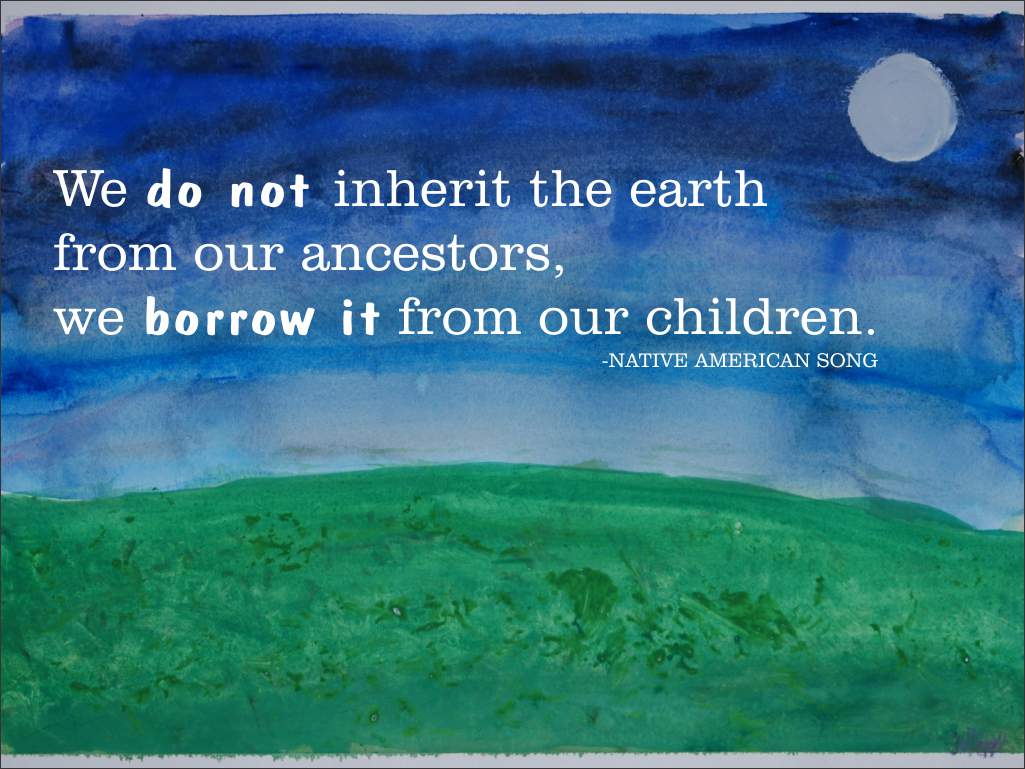In her most recent book entitled NO Is Not Enough, author and activist Naomi Klein asserts that “our historical moment demands more: a credible and inspiring “yes,” a roadmap to reclaiming the populist ground from those who would divide us – one that sets a bold course for winning the fair and caring world we want and need.” This is the challenge that is before us. Whether we are Republicans or Democrats, liberal or conservative, rich or poor, religious or non-religious, we all share the same home, Planet Earth.
The strongest voices throughout history are those that not only stood against something, but that articulated a clear and positive alternative. A few examples:
Jesus: “A new command I give you: Love one another. As I have loved you, so you must love one another.”
Dalai Lama: “Love and compassion are necessities, not luxuries. Without them, humanity cannot survive.”
Martin Luther King, Jr. “Darkness cannot drive out darkness; only light can do that. Hate cannot drive out hate; only love can do that.”
Mahatma Gandhi: “Be the change you want to see in the world.”
John F. Kennedy: “Let us not seek the Republican answer or the Democratic answer, but the right answer. Let us not seek to fix the blame for the past. Let us accept our responsibility for the future.”
Jimmy Carter: “Each of us must rededicate ourselves to serving the common good. We are a community. Our individual fates are linked; our futures are intertwined; and if we act in that knowledge and in that spirit together, as the Bible says: “We can move mountains.”
Pope Francis: “We must move forward together, as one, in a renewed spirit of fraternity and solidarity, cooperating generously for the common good.”
The challenge before us today is to resist the negativity that seems to bombard us from all sides and ask ourselves “What kind of world do we want?” We must ask this collectively, but also individually. “What kind of world do I want?” This question can be asked and answered on many levels, but Pope Francis has reminded us repeatedly in his encyclical Laudato Si’ that “Since everything is closely interrelated, and today’s problems call for a vision capable of taking into account every aspect of the global crisis, I suggest that we now consider some elements of an integral ecology, which clearly respects human and social dimensions”. He continues later in the encyclical with the following: “The current crisis demands a very concrete response. “The effects of the present imbalance can only be reduced by our decisive action, here and now.”
Here and now we must come together around a vision of the world we want. We must pray about it, talk about it, and be willing to take action to make it a reality.
Let’s say “yes” – Part I – Personal Reflection
Take a few minutes each day to reflect on one or more of the following questions.
Let’s say “yes” to a healthy environment for all…
What kind of environment do I want for myself and my family?
What do I consider essential for a healthy environment?
What are the things that make my neighborhood a good place to live?
What would I like to change in my neighborhood?
Let’s say “yes” to dialogue
Am I willing to listen to the ideas of others – even those with whom I disagree?
Am I willing to hear the ideas of others with an open mind?
Am I willing to invite people to come together to talk about the needs of our neighborhood? (city, country, and world)
Let’s say “yes” to collaboration
Am I willing to work with others, even those with whom I disagree, for the common good?
Am I willing to offer the gifts and talents I have for the common good?
Am I willing to accept the gifts and talents others have to offer for the common good?
Let’s say “yes” to creating the world we want…beginning in our own neighborhoods
Do I know the people in my neighborhood?
Are there diverse cultures in my neighborhood? If yes, have I taken the time to learn about the cultures of others?
Are there diverse faith traditions? Have I taken the time to learn about the faith traditions of others?
Do I value diversity?
Let’s say “yes” to becoming the change we want to see
What are the values I believe are essential for a healthy and peace-filled environment?
Do I live out of my values?
What are the changes I want to see in my neighborhood? ( city, country, world) and what am I willing to do to make them a reality?
Let’s say “yes” – Part II – Engage with others
Gather a group of friends and neighbors and begin to share the ideas you have for making your neighborhood a better place. Ask for their suggestions and ideas. Really listen to each other.
Let’s say “yes” – Part III – Take action
Choose an idea that you all agree on and make it a reality. Start small, but keep talking, keep dreaming and keep acting.



